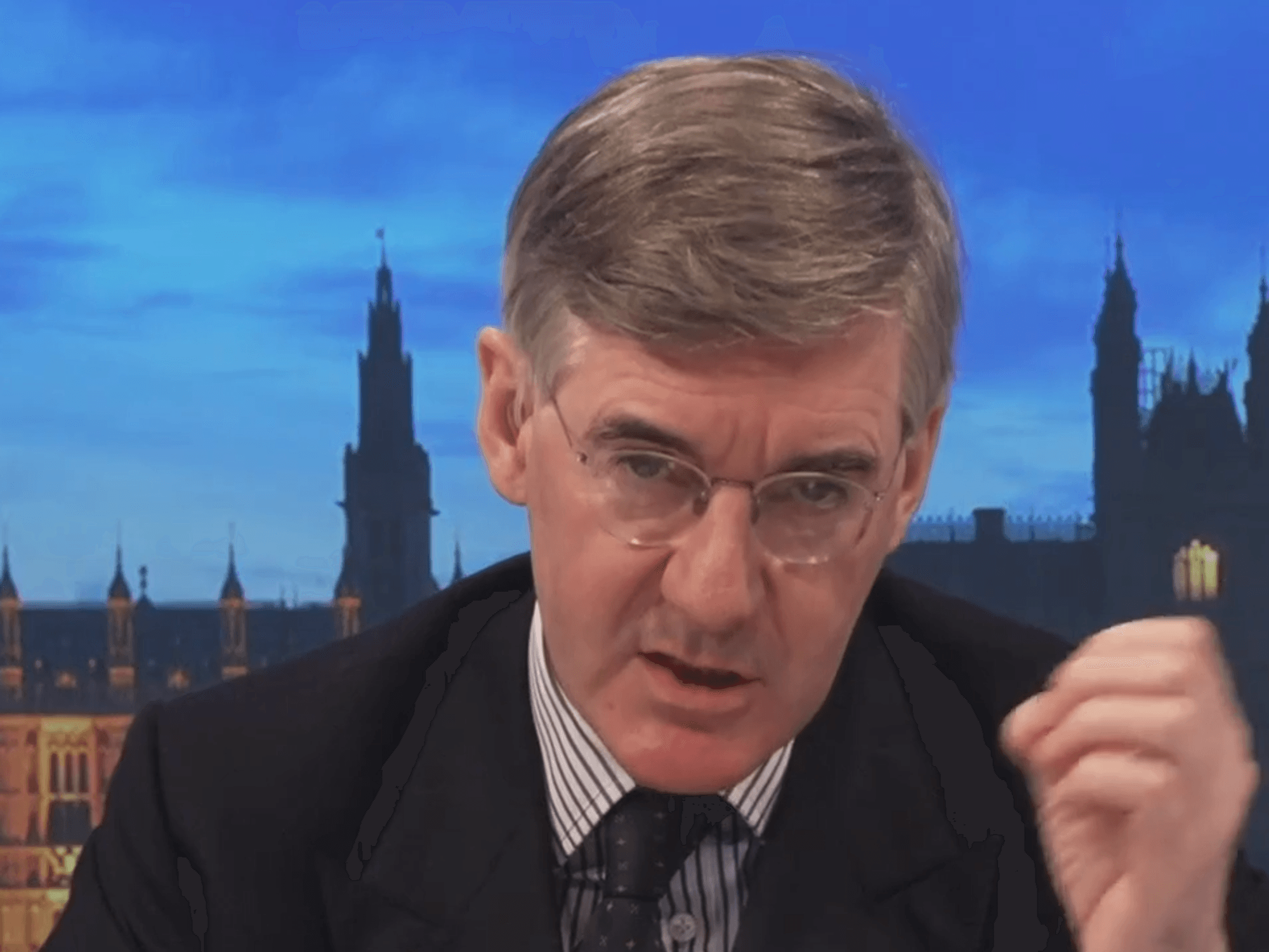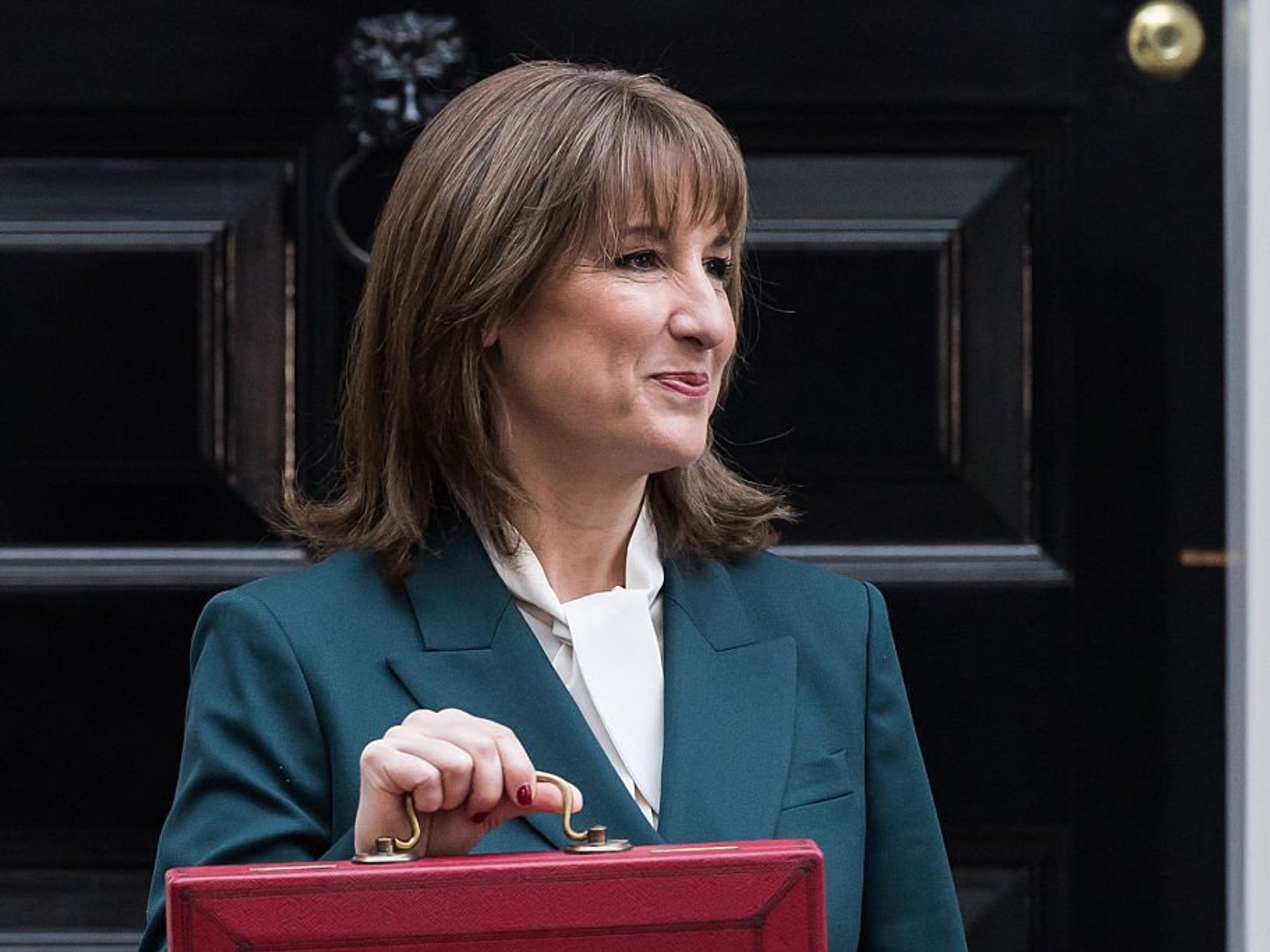Millions of Britons risk £560 pay cut in fresh £4billion Budget tax raid

GBNEWS

The Chancellor could hit the take-home pay of millions with a crackdown on salary sacrifice schemes
Don't Miss
Most Read
Millions of workers could see their take-home pay fall by up to £560 under Treasury plans to scrap or limit salary sacrifice schemes for workplace pensions.
The proposals, expected to be considered in the November 26 Budget, would hit employees who currently use the system to cut their tax and National Insurance bills.
The Society of Pension Professionals has written to all 650 MPs warning that the move would mean smaller pay packets for workers across the country.
Experts estimate the average employee could lose hundreds of pounds a year if the changes go ahead. Salary sacrifice lets staff swap part of their salary for employer pension contributions, helping them save more for retirement while paying less in deductions.
The plans would hit lower and middle earners the hardest, especially those making under £50,000 a year.
A worker earning £35,000 who pays five per cent of their salary into their pension could lose around £560 a year if both National Insurance and income tax relief were scrapped, figures shared with MPs show.
Even a smaller change, such as capping National Insurance relief at £2,000 a year, would still leave many workers around £30 worse off.
For someone earning £40,000 and contributing £2,000 a year into their pension, the current system boosts their savings by about £377, a 17 per cent increase at no extra cost to their take-home pay. That benefit would disappear if the rules were changed.
Basic-rate taxpayers would be hit the hardest, with more than three million workers expected to lose out if salary sacrifice were scrapped altogether.
Approximately one-third of private sector staff and almost 10% of public sector employees currently utilise salary sacrifice arrangements, according to government data cited by the Society of Pension Professionals.

Millions of Britons risk £560 pay cut
| GETTYThe schemes enable workers to redirect portions of their pre-tax earnings into pension contributions made by their employer, avoiding National Insurance charges on those amounts.
Both employees and employers benefit from National Insurance savings under the current system, with many companies passing their savings back to staff through enhanced pension contributions.
The arrangements have become a widespread method for boosting retirement savings without reducing net pay, particularly benefiting those on modest incomes who pay eight per cent employee National Insurance on earnings up to £50,284.
Steve Hitchiner, chairman of the SPP's tax group, stated: "Changing salary sacrifice arrangements would lead to a reduction in take home pay for millions of employees who are saving into a workplace pension, with the greatest impact for those earning less than £50,284 a year."
 Budget rumours have a direct impact on pension savers who have saved diligently | GETTY
Budget rumours have a direct impact on pension savers who have saved diligently | GETTYHe added: "It would also represent another sizeable cost to employers, despite the chancellor's public commitment against this, and would undermine the critical role that employers play in supporting and promoting good quality pension saving vehicles."
Martin Willis, a partner at Barnett Waddingham, cautioned: "Policymakers should think very carefully before pursuing reforms that make it harder for ordinary workers to save for retirement."
Employers have warned that eliminating the schemes would create confusion, damage staff morale and discourage retirement saving.
The Treasury could save approximately £4.1billion annually by eliminating National Insurance relief on pension salary sacrifice, representing a significant portion of the broader £24billion National Insurance relief bill for pensions.

Rachel Reeves will deliver the Budget on November 26
| GETTYResearch commissioned by HMRC and published earlier this year explored potential modifications to these arrangements, fuelling speculation about imminent changes.
The timing of any announcement remains uncertain, with final decisions not expected until after the Office for Budget Responsibility delivers its forecast on November 21, just five days before the scheduled Budget.
The substantial savings available make salary sacrifice an attractive target for a government seeking to address public finance pressures, despite widespread support for the current arrangements from both employers and employees.










